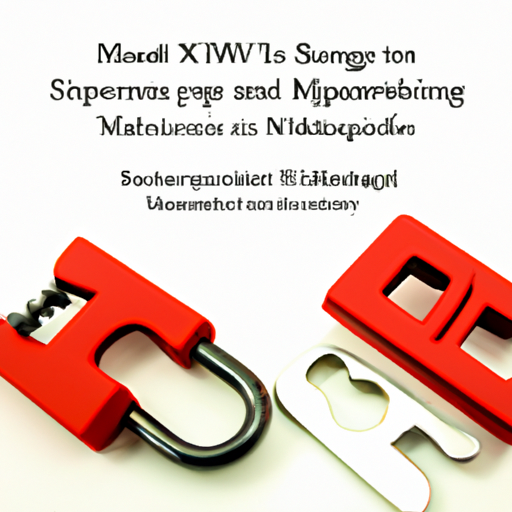Title: Exploring the Fascinating Product Features of Magnetic Materials
1. Magnetic Properties (200 words) Magnetic materials possess a set of distinctive properties that set them apart from other materials. The most fundamental property is their ability to generate a magnetic field, which arises from the alignment of their atomic or molecular magnetic moments. This property allows magnetic materials to attract or repel other magnetic objects, making them essential for various applications.
One of the key features of magnetic materials is their ability to retain magnetization even after the external magnetic field is removed. This property, known as remanence, is crucial for creating permanent magnets used in motors, generators, and magnetic storage devices. Additionally, magnetic materials exhibit coercivity, which determines the resistance to demagnetization. High coercivity is desirable for applications where stability and durability are essential.
2. Types of Magnetic Materials (300 words) Magnetic materials can be broadly classified into three categories: ferromagnetic, paramagnetic, and diamagnetic materials. Ferromagnetic materials, such as iron, nickel, and cobalt, exhibit strong magnetic properties and can be permanently magnetized. They are widely used in various industries, including electronics, automotive, and energy generation.
Paramagnetic materials, such as aluminum and platinum, possess weak magnetic properties and are only attracted to an external magnetic field. These materials find applications in magnetic sensors, data storage, and medical devices. Diamagnetic materials, on the other hand, are weakly repelled by a magnetic field and include substances like copper and water. Although their magnetic properties are relatively weak, they still play a crucial role in various applications, such as magnetic levitation and magnetic resonance imaging (MRI).
3. Applications of Magnetic Materials (400 words) The unique product features of magnetic materials have paved the way for numerous applications across various industries. Let's explore some of the most significant applications:
3.1 Electronics and Telecommunications Magnetic materials are extensively used in electronic devices, including speakers, headphones, and microphones. The ability of magnetic materials to convert electrical energy into mechanical vibrations enables the production of high-quality sound. Magnetic materials also play a vital role in data storage devices, such as hard drives and magnetic tapes, where information is stored magnetically.
3.2 Energy Generation and Conversion Magnetic materials are crucial for energy generation and conversion applications. Permanent magnets made from magnetic materials are used in electric motors and generators, enabling the conversion of electrical energy into mechanical energy and vice versa. These magnets are also employed in wind turbines and hydropower systems, contributing to the generation of clean and renewable energy.
3.3 Medical and Biomedical Applications Magnetic materials have revolutionized the field of medicine and biomedical research. Magnetic resonance imaging (MRI) machines utilize the unique properties of magnetic materials to generate detailed images of internal body structures. Magnetic nanoparticles, made from magnetic materials, are used in targeted drug delivery systems, cancer treatment, and magnetic hyperthermia therapy.
3.4 Transportation and Automotive Industry Magnetic materials find extensive use in the transportation and automotive industry. Magnetic levitation (maglev) trains utilize the repulsive force between magnets to achieve high-speed transportation with minimal friction. Magnetic sensors are employed in various automotive applications, including speedometers, anti-lock braking systems (ABS), and proximity sensors.
Conclusion (100 words) Magnetic materials possess a remarkable set of product features that make them indispensable in numerous applications across various industries. From their ability to generate magnetic fields to their retention of magnetization, these materials have revolutionized technologies and transformed industries. Whether it is in electronics, energy generation, medicine, or transportation, magnetic materials continue to play a vital role in shaping our modern world. As we continue to explore and understand the fascinating properties of magnetic materials, we can expect even more innovative applications and advancements in the future.










